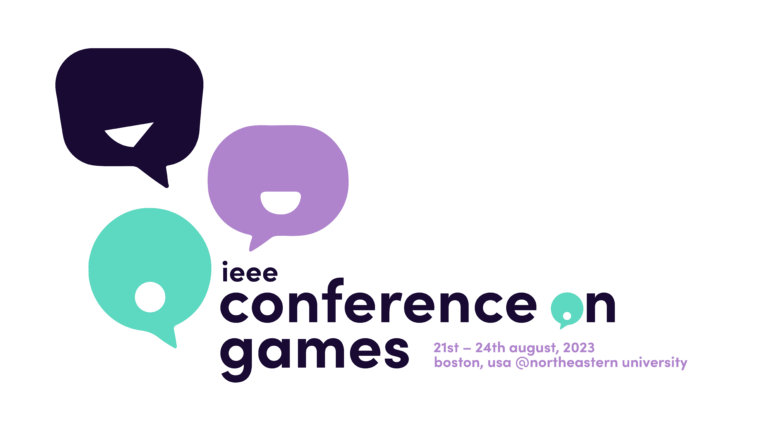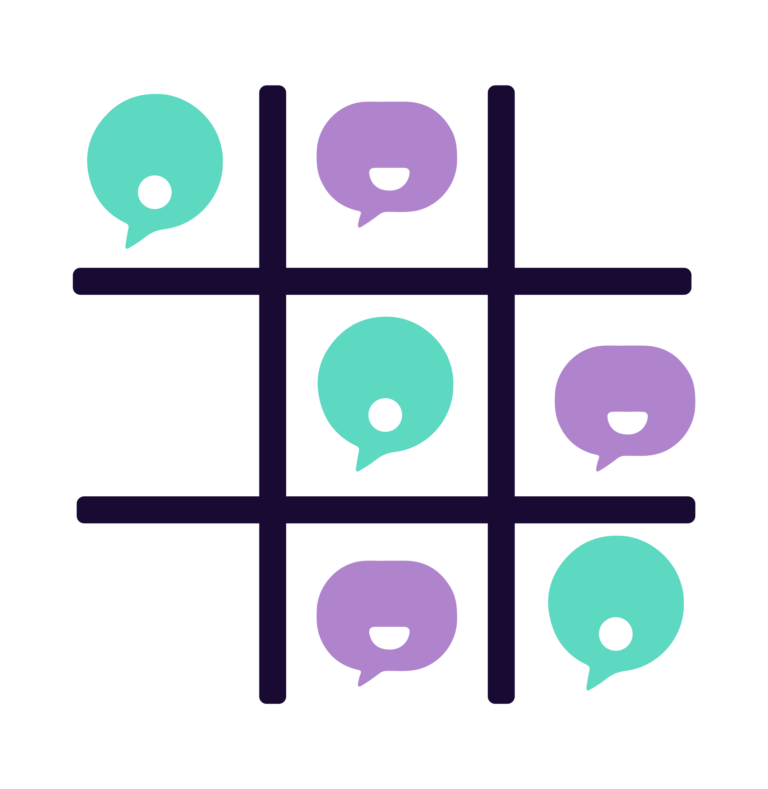
The annual IEEE Conference on Games (IEEE CoG) seeks to be the premier venue for technical, scientific, and engineering work on video games, board games, and other types of games. Games offer a fantastic domain for computational creativity, game design, technology, education, social sciences and, undoubtedly, artificial and computational intelligence. IEEE CoG is a venue to discuss recent advances and explore future directions.
IEEE CoG 2023 will take place at Northeastern University, which is located in Boston in the United States, from August 21st to 24th.
Contact: ieeecog2023@gmail.com
Important Deadlines (all Anytime on Earth – AoE):
Competitions and tutorial proposal: 27th February 2023
Submission of full technical papers (required: title, abstract, authors): 17th March 2023
Edit full technical paper submissions (paper, supplementary material): 24th March 2023
Notification of acceptance of full technical papers: 9th May 2023
Submission of auxiliary (competition, vision, short paper, and demo) papers: 19th May 2023
Submission of the camera-ready version of full technical papers: 28th May 2023
Notification of acceptance of auxiliary papers: 17th June 2023
Games industry presentation proposals: 19th June 2023
Journal paper presentation proposals: 19th June 2023
Academic presentation proposals: 19th June 2023
Notification of acceptance of presentations: 26th June 2023
Submission of the camera-ready version of auxiliary papers: 7th July 2023
Early bird (and author) registration: 21st July 2023
Remote Policy
In discussion with members of the community, IEEE CoG 2023 will be primarily an in-person conference. However, the organization acknowledges that for a wide variety of reasons not all members can physically attend the conference and that traveling may simply be impossible. Therefore, the conference will provide the possibility for remote presentation (prerecorded but live streamed) for remote authors. At least one remote author must register for the conference by the payment of one regular registration (IEEE Member or Non-Member). After registration, make an official request for remote presentation using this form: https://forms.gle/TM9iJ96zf1LBVjHw8
Code of Conduct
IEEE CoG 2023 follows IEEE’s nondisrimination policy, which prohibits discrimination, harassment, and bullying against any person for any reason (e.g., age, race, political affiliation), and IEEE’s Code of Ethics, which commits members to the highest ethical and professional conduct. The organization further commits to providing a harassment-free, accessible, and pleasant conference experience where every participant feels welcome and included. Participants can contact any member of the Organization in confidence. They can also make use of IEEE’s Ethics Reporting Line.
